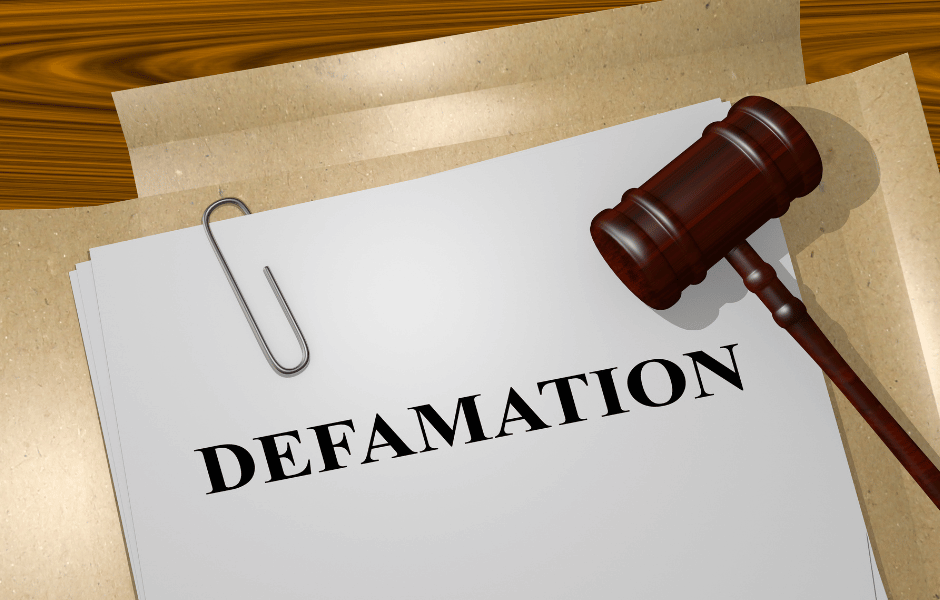Defamation is a serious issue that can arise in divorce, child custody, and domestic violence cases. Defamation is defined as the act of making false statements about someone that harm their reputation or standing in the community. This can take the form of spoken or written statements, as well as actions that imply false statements. In the context of family law cases, defamation can cause significant damage to the individuals involved, and can have serious consequences under Massachusetts law.
Defamation in Divorce and Child Custody Cases
In divorce and child custody cases, defamation can occur when one spouse makes false statements about the other spouse to friends, family, or even in court. These false statements can harm the reputation of the other spouse and can make it difficult for them to move on with their lives post-divorce. In most cases, false statements are used to gain an advantage in the divorce or child custody case, such as by portraying the other spouse as an unfit parent or by making false claims about assets or income.
In domestic violence cases, defamation can occur when the victim makes false statements about the accused abuser to friends, family, or even in court. These false statements often harm the reputation of the defendant and can make it difficult for them to move on with their lives in a productive manner. In some cases, false statements of abuse or domestic violence is used to gain an advantage in another pending legal case.
Defamation: Civil and Criminal
Under Massachusetts law, defamation is a civil matter and can be handled through a civil lawsuit. In order to prove defamation, the plaintiff must show that the defendant made a false statement about the plaintiff, that the statement was published (meaning it was shared with at least one other person), and that the statement caused harm to the plaintiff’s reputation or standing in the community. If the plaintiff is able to prove these elements, they may be entitled to damages, including monetary compensation for any harm caused by the defamation.
In addition to civil lawsuits, there are also criminal charges that can be brought against individuals who engage in defamation. Under Massachusetts law, individuals can be charged with criminal defamation if they make false statements about someone with the intent to harm their reputation or standing in the community. This can be a serious crime, and individuals convicted of criminal defamation can face significant fines and even jail time.
Consequences of Defamation
Defamation is a serious issue that can arise in many family law matters including divorce, child custody, and domestic violence cases in Massachusetts. Defamation can cause significant damage to the reputation and standing of the individuals involved, and can have serious consequences under Massachusetts law. It is important for individuals involved in these types of cases to be aware of the potential consequences and it is crucial to have a clear understanding of Massachusetts law surrounding defamation to handle such cases. If you have been accused of defamation or a target of defamation, call our office to speak with an experienced attorney.

